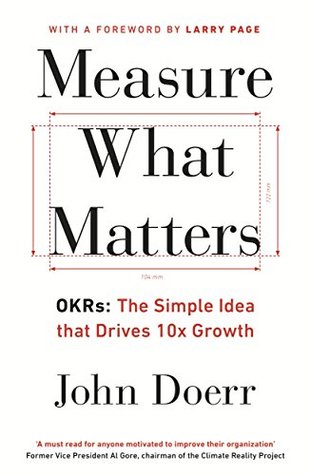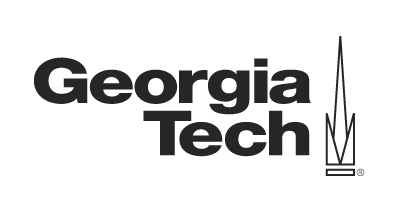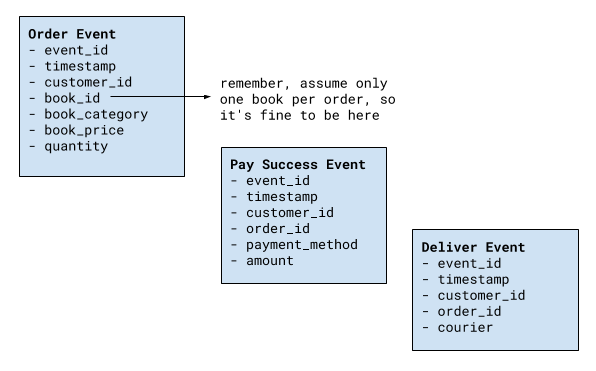Re-learn OKR
Once upon a time, my manager introduced me a tool to help me manage the team. I was so green, this was the first time I manage a team so any tool will likely help me. The tool is called OKR, stands for Objective and Key Result. There was not really much introduction done, so I did my homework trying to understand what this is about.
I found one article that helps me to understand OKR. I read it. I said to myself “This is no brainer, I’ll just do it, it’s super simple…”. Then we drafted our first OKR. Months passed. We felt very few benefit we get from OKR, it’s just like simple goal and target setting, with a necessary buzzword to make it viral. Then we went back to simple goal setting with usual SMART framework (Specific, Measurable, Attainable, Realistic, Time Bound).
Recently I re-learned OKR, reading a book titled “Measure What Matters” by John Doerr, and turns out I implemented it wrong…
Here is what I learned.

Focus, drop things to let you focus
The first time we adopted OKR, we put so many things on the team plate, every problem in the world that the team should solve. We have no courage to pick few but important goals that align to company-wide focus. It is recommended to have 3-5 objectives and 3-5 key results for each objective. No more than that.
Transparency means we have to read, a lot
One of OKR promise is, by having transparency, everyone could see each other’s OKR and alignment and collaboration will happen. One thing that I was not aware: this means I have to read as much OKR as possible. Not only read it, but understand what does it mean. Are our goals duplicate? Will they depend on my team? Are we working on OKR that is pulling to different direction?
Previously I only read my boss’ OKR, and boss’ boss’ OKR, etc. Now I started to read other teams’ OKR, starting from my immediate counterpart. I understand that OKR setting weeks means I have to spare some time to read, a lot.
Track, track, track
Regularly track how far the team on achieving OKR is what I missed before. Key result are so clear that there’s no grey area, no room of doubt whether you achieve it or not. Tracking regularly will help mitigate risk if we found blocker earlier.
Stretch goals need more communication than you think
Stretch goals might demoralize the team if it is seen as something not realistic. Things I learned from the book is stretch goals need more communication. We need to communicate how it is attainable, how it helps to get us from our comfort zone and push us to re-think how we work. We need to convey the importance. It also helps to tell the team that there’s a bigger thing out there.
It is not easy to adopt OKR
OKR, or maybe any tool or framework, requires time to implement. It is not easy to master the process. It takes patient, mindfulness. Regular retro on OKR adoption will help to understand we could improve things, or even modify if we need to.
I am now accompanied with more knowledge to implement OKR better. I don’t know yet whether it will be beneficial for the team. But I am sure that the last time I used it, I used it wrong. I will post more findings as we experiment more!





Leave a comment